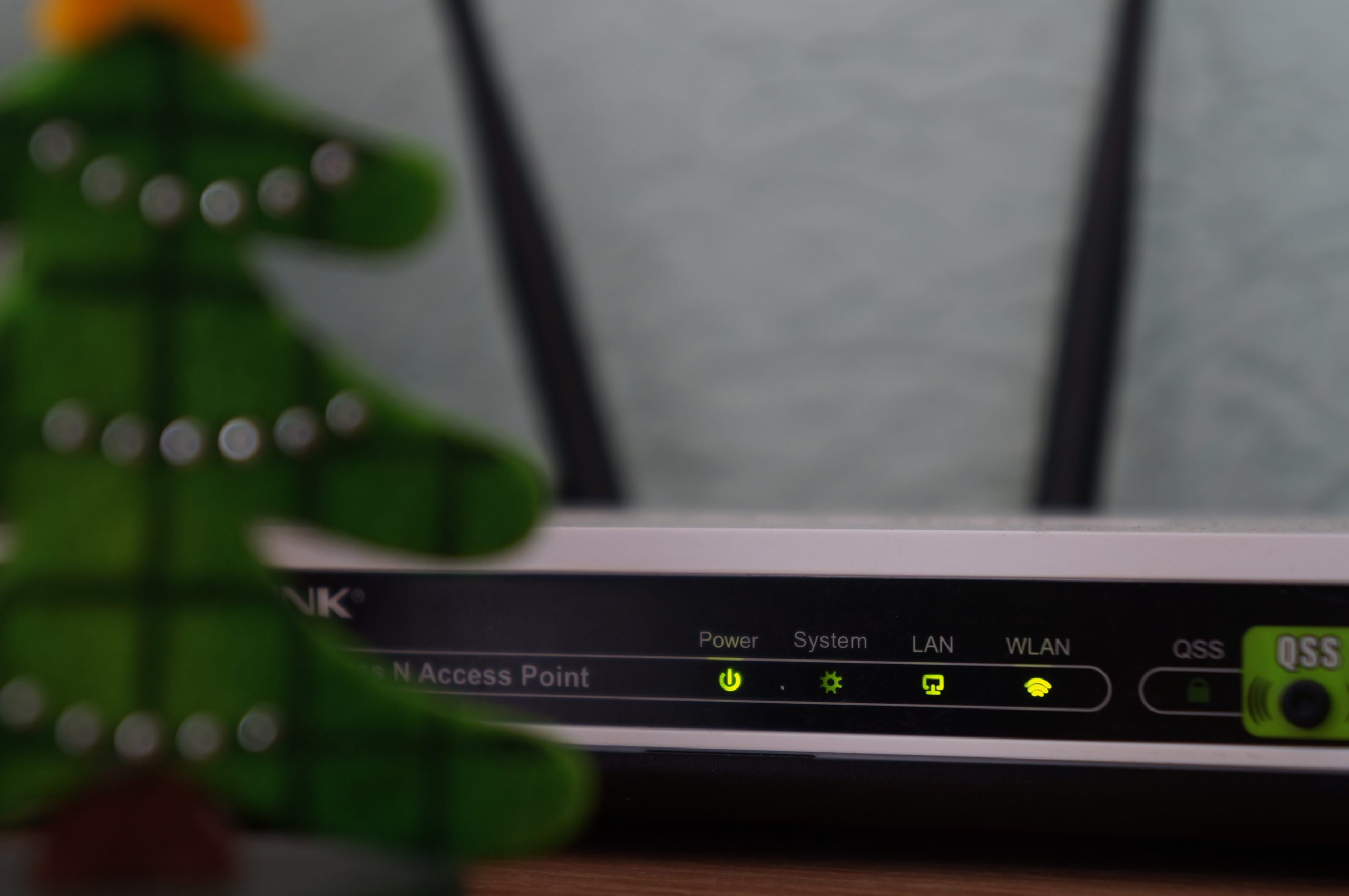Democracy & Technology Blog The Future of Wireless, Harvested by WiFi6
[The following excerpt is from George Gilder’s April 28 column entitled “The Future of Wireless, Harvested by WiFi6” appearing at Gilder’s Daily Prophecy.]
The Electromagnetic Spectrum and 5G
Manifested today, without help from Bernie [Sanders], are the insidious crypto–socialist effects of the worldwide campaign for 5G — “fifth–generation” wireless. Depicted as a revolutionary innovation that will expand the speed and capacity of networks up to a hundredfold, 5G is mostly a rearguard movement of the telecom establishment in both the public and private sectors to protect the old regime of exclusive spectrum bands ultimately taxed and run by the government.
I opened my book Telecosm with a chapter on the spectrum called Maxwell’s Rainbow, after James Clerk Maxwell, who defined the spectrum mathematically in a discovery that Richard Feynman declared would dwarf in significance the US Civil War that ended in the same year 1865.
As I described it:
“The supreme abundance of the telecosm is the electromagnetic spectrum, embracing all the universe of vibrating electrical and magnetic fields, from powerline pulses through light beams to cosmic rays…When things oscillate, they make waves, and in that magic moment, the possibility of the telecosm is born… The unity of the spectrum makes possible the ubiquity and interoperability of communications systems and thus enables the unification of the world economy in the new era… Each wavelength has its own distinct characteristics — some are better at transmitting raw power, others for traveling long distances, others for carrying digital bits.”
Maxwell proved that all of them travel at the speed of light in a vacuum. Frequencies and wavelengths change, but light speed delay — the time it takes to propagate an electromagnetic wave — never changes. “The potential number of frequencies is infinite, limited only by how finely your technology can parse the rainbow.”
Suppose that you are a superhuman drummer, moving at 3,000 beats a second; you are transferring the same number of oscillations that can be carried by a copper telephone wire. At some 30,000 hertz, you have broken the sound barrier because you are sending out wave crests faster than they can be heard. But you remain near the very bottom of the electromagnetic spectrum. “At the other extreme are gamma rays, creatures of cosmic explosions and giant particle accelerators, a frequency of 10 to the 24th hertz. Below gamma rays is the telecosm, the gigantic span of frequencies that Maxwell bridged with his mind, most of it now open for human use.
The usual argument for government management of spectrum is that it is a “scarce natural resource, like beachfront property.” So is air and water and sand, which being more scarce could be nationalized with much more sense.
If it is not regulated and assigned exclusively to responsible players, so goes the theory, the spectrum will fill up with noise and clutter and interference from competing emitters. The chosen method to prevent this outcome is government appropriation of the “electromagnetic spectrum,” its division into exclusive bands, and their distribution to the companies that bid highest in auctions run by the Federal Communications Commission (FCC).
But the electromagnetic spectrum used for communications is not a natural resource. It is created by the ingenuity of engineers inventing such transmitter–receivers, antennas, and related components as masers, lasers, oscillators, mixers, photodetectors, klystron tubes, modulators, quantum wells, and other devices mostly based on microchips.
When the government controls some resource it stifles creativity. In the case of the electromagnetic spectrum, government management ossified the industry around the idea that reliable communications systems require exclusive spectrum allocations.
Today’s Prophecy
At the time of the first spectrum auctions, I wrote a cover story in Forbes, entitled “Stop the Auctions.” Auctions favor the companies with the most money rather than with the best engineers or most inventive technologists.
I predicted that all the action in telecom would shift to the unlicensed ISM bands allocated for industrial, scientific, and medical uses in places such as factory floors, laboratories, and hospitals that could not apply for new spectrum every time they wanted to change a frequency. Sure enough, today, 30 years after my article, some 80% of calls and data exchanges are terminated by Wi-Fi in unlicensed bands, not in the exclusive bands owned by big telecom.
AT&T, Verizon, and other spectrum owners actually welcome the proliferation of Wi–Fi systems that relieve them of the responsibility for accommodating the huge mass of Internet traffic. The use of unlicensed bands is enabled by what is called smart radio technology or “cognitive radio.”
This is an advanced transmission technology in which frequencies, tuning, and protocols are defined using software programming rather than fixed hardware. Such a radio could be used for wireless handsets or base stations that can transmit their signals not just in assigned spectrum bands but in any frequencies with unused capacity.
This is the future of wireless, not 5G. It will be harvested first by a new technology called WiFi6, which I predict will end up handling far more traffic than all of 5G put together.


